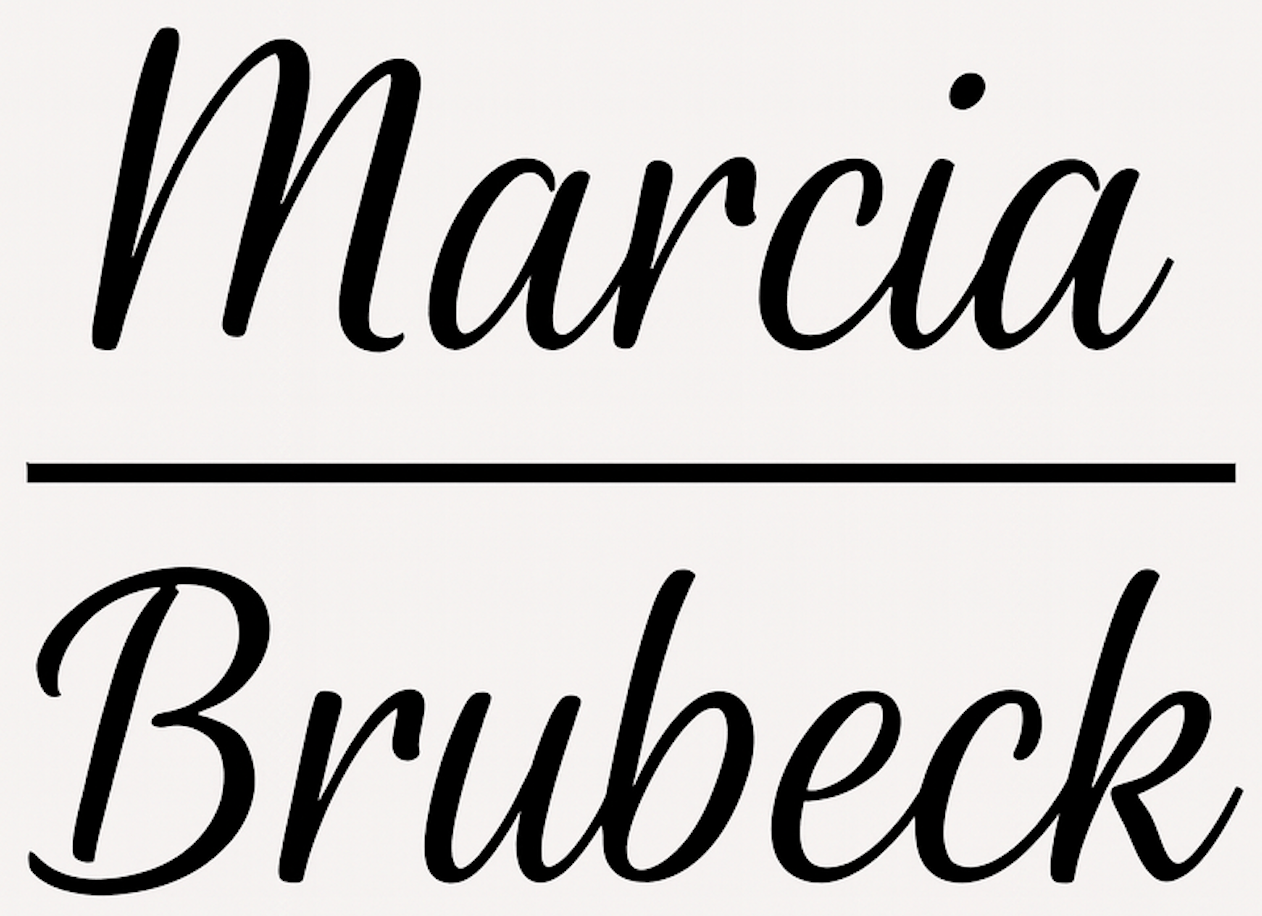
How to Be Cool When the Romance Is Hot
The process by which people size each other up is far more complicated than online dating might lead you to believe. Two people can exchange a zillion emails with photos, but they will know far more about each other in a split second when they finally meet face to face.
That said, what would a potential soulmate look like up close and personal?
Let’s start with appearance. How is he or she dressed? Comfortable clothing is fine, but to attract someone else you need more.
The way you dress shows your respect for the occasion and the other people who will be present. You wouldn’t wear a dirty, rumpled T shirt and cutoffs to church, now, would you? What do you expect on a date?
Women usually fuss over their hair. The same is not always true of men. Still, hair should be clean, neatly cut, and appropriately styled. Older women may like the clean-shaven look, but younger women sometimes like stubble. Beards should be trimmed.
Our expectations are conditioned by cultural and age-related norms.
Makeup should be skillfully applied. Perfume or aftershave should not be overpowering. There are inexpensive tooth whiteners on the market. White teeth subtly hint at vitality.
Posture also tells a story. Is she slumped or upright? Is there bounce in her step? Does she look up, or does she shuffle along, eyes downcast? How about eye contact?
What impression do gestures make? When she is sitting or standing, does she seem open and relaxed or closed and withdrawn? Do you sense vibrant good health and positive energy?
Enthusiasm, passion, and energy speak volumes and are always attractive.
When he speaks, is his voice clear and easy to understand? Is the tone pleasant? Can he say what he means?
Does he make eye contact appropriately? Does he seem confident or hesitant, calm and serene, or anxious and sad? Is he polite, with good manners?
Gigantic amounts of nonverbal information pass quickly between two people eyeballing each other. Much of it relates to mindset, outlook, and emotional makeup. We don’t usually notice how much we are learning about the other person from observation.
First impressions notwithstanding, it will take weeks or months to learn most of the important stuff. The best way to learn about communication is to talk about it.
What did he say? How did I reply? What were we each feeling while we were speaking? How satisfied did we feel when the conversation was over? What happened next?
In my consulting room, clients learn how to read their interactions with other people. Process-oriented groups often help participants understand what happened between partners and help them try out different ways of responding in given situations.
But even if you don’t have a therapist and aren’t part of a group, you can ask yourself some questions and notice the answers. Every verbal communication has two parts: what is said (content) and how it is said (process).
The questions below are worded as if a woman were asking them about a man, but gender doesn’t matter here. Pretend a man is asking them about a woman if you need to.
Does he listen when I am speaking, or does he interrupt me?
Does he talk in a way that shows he’s aware of my feelings?
When we disagree, does he tell me how he feels? Does he listen when I do the same, or does he argue instead about who is right and who is wrong?
Does he do what he has promised, or will he say one thing and do something else?
Does he tell me clearly and explicitly what he wants? Does he listen and respond when I tell him clearly and explicitly what I want?
Does he ask for help when he wants it?
Does he expect me to be a mind reader?
Does he wait until I ask for help or does he jump in with unwanted advice?
Does he know the difference between stuff that is his to manage and stuff that is mine?
Does he tell me right away when something is bothering him, or does he wait and let the problem fester until something else happens and he explodes?
Does he take the initiative to stop a conversation when it turns nasty? When I do so, does he let the conversation wait for another time, or does he insist that we keep on talking?
When I ask for space, does he stand back, or does he keep hounding me for a response?
When we talk about a misunderstanding or hurt feelings, does he focus on what we can do differently in the future, or does he rant about all the times something bad has happened in the past?
Does he express anger by saying how he feels without resorting to insults, accusations, verbal or physical attacks, or destruction?
Does he take responsibility for what he says and does? Can he acknowledge mistakes and apologize, or does he rationalize, justify, and blame others?
When he notices a problem between us, does he speak to me right away, or does he confide in others and wait for them to alert me that something is wrong?
Is he appreciative? Does he notice the good things I do and thank me for them? Does he seem to believe I do the best I can even though I make mistakes some of the time? Does he give me the benefit of the doubt? More than anything else, we each want to please the people who are important to us.
Does he make a big deal of minor mishaps that will not survive in memory?
The bottom line? When you are sizing up another person as a possible close friend or a partner, you want to know whether this individual is self-aware and prepared to give you news bulletins about what he wants from you and in any situation in daily life.
He will be able to say how he feels in the moment without embarrassment. He will be able to set limits—to say no—and will understand when you need to do so. He will understand, above all, that we each need to take care of ourselves first and foremost if we are to be kind, loving, and fair in our dealings with others.
He will accept his responsibility for himself, and he will understand your need to do the same for yourself. When good relationship skills are present, the hot date can lead to many rich, rewarding years together.





